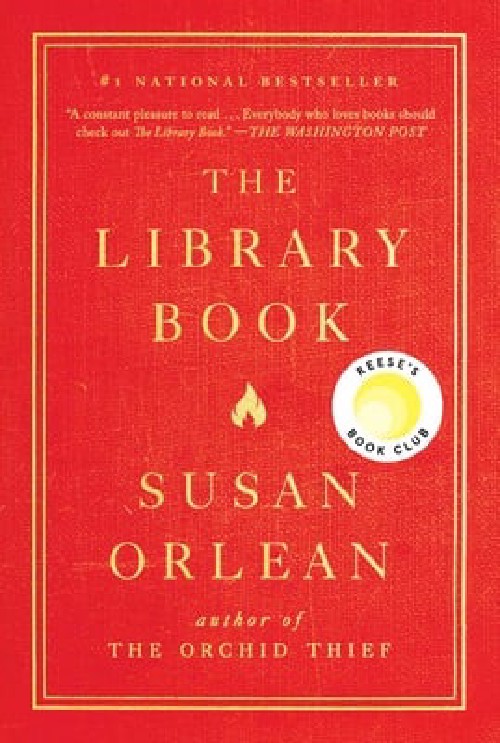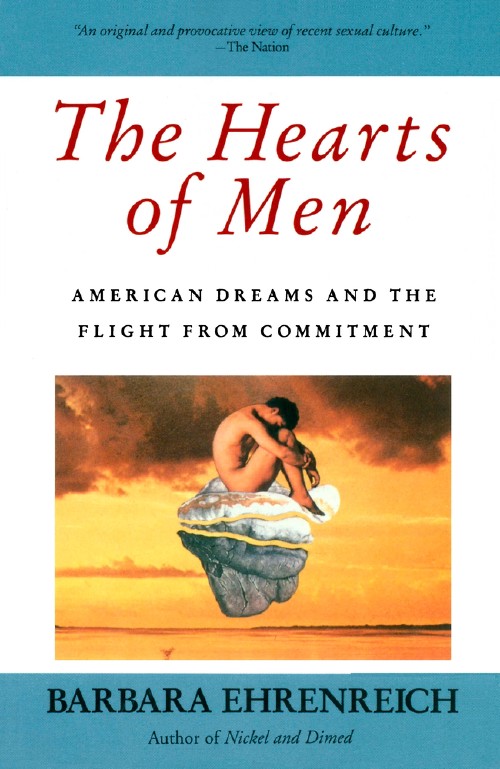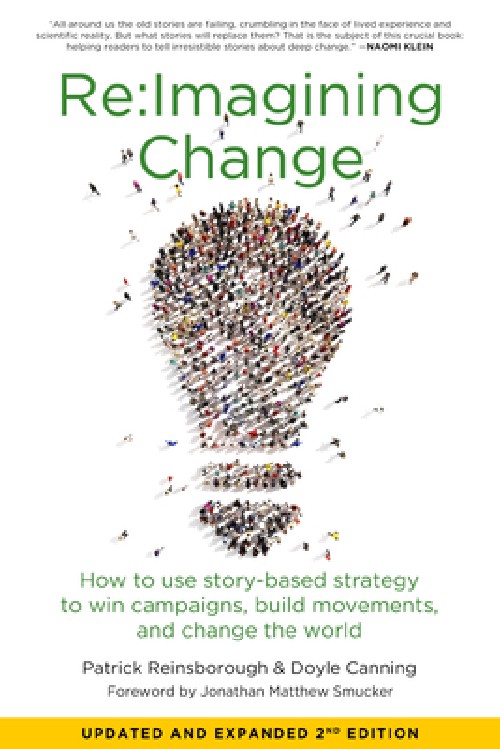Highlights from The Stones Shall Cry out: Consciousness, Rocks, and Indians
The bottom line seems to be this: modern Euro-science is not only unable to determine what consciousness is but sees no real prospects for determining the mechanisms of human consciousness in the foreseeable future. At the same time, we seem quite sure that human beings do have something that we call consciousness. There are whole schools of investigation devoted to explaining it. And most Euro-Western researchers, scientists, theologians, and philosophers seem agreed that consciousness typically defined as involving language, complex thinking, and memory- is what sets humans apart from the rest of the universe. This seems absurdly and arrogantly anthropocentric from the perspective of an indigenous worldview that has not and never will concede to such human privileging. And if the best human scientists are at a loss to explain what constitutes human consciousness, how can we deny consciousness to animals and birds, to rocks and trees, to mountains?Must we impute human consciousness as the only or the most highly developed paradigm of consciousness? (p10)
If the basic instincts of the Western intellectual tradition are deeply rooted in cause-and-effect thinking, then a firm sense of the hierarchical privileging of the human species as the epitome of evolutionary advancement will follow, which in turn gives rise to a sense of Euro-Western human beings’ moral and intellectual superiority. Thus, the Western scientific way of seeing the world becomes what Wittgenstein called “common-sense” knowledge- unimpeachably correct and true.The fundamental set of American Indian cultural values results in seeing the world in a much different way than this, valuing first of all the relationships each human being has with the enormous set of relatives that make up the world, including rocks and trees, buffalo and eagles, squirrels and sparrows, as well as valuing each other within any discrete human community.“We are all related” is not just a nifty idea. It is a way of seeing the world and living our lives. It is not merely a sentiment; it is a very real baseline of respect for all of our relatives, including-especially including-those grandparents we call rocks. When I argue that this way of knowing (science) is more than a mere sentiment, I mean to say that it is rooted in an actual knowing and in a resultant respect for all of our relatives that makeup this world.



